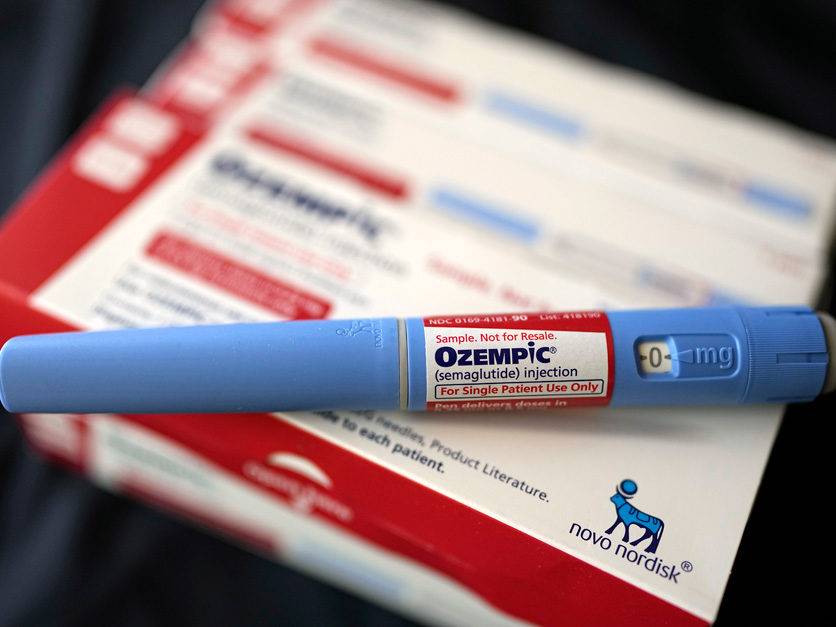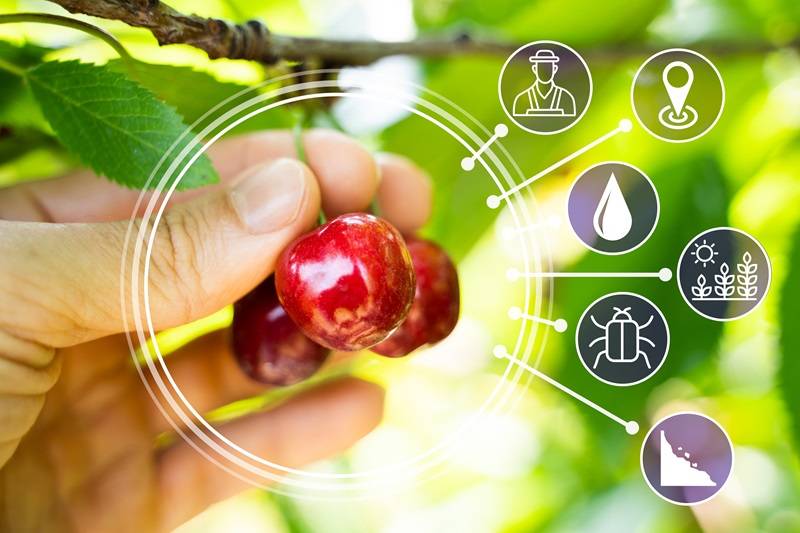Inflation has become a pressing issue in Russia, affecting the prices of essential items like butter, potatoes, and chicken. This increase in prices has impacted the daily lives of many Russians, especially during the holiday season. According to a report by Reuters, the rising cost of living has forced people to adjust their budgets and cut back on festive celebrations.
The surge in prices has been particularly noticeable in major cities like Moscow, St. Petersburg, Yekaterinburg, and Omsk. Natalia Moreva, a 58-year-old resident of Omsk, highlighted the significant price hikes in various food items such as flour, bread, chocolates, fruits, vegetables, and meat. This has led to a situation where people are unable to buy as much as they used to, despite having sufficient incomes. As a result, many Russians are facing a more modest holiday season this year.
Traditionally, Russians tend to increase their spending in the weeks leading up to the New Year celebrations and nationwide holidays in January. However, this year, the higher prices of goods and services have put a strain on their budgets. Dinara, a student from Yekaterinburg, mentioned that the costs for this year’s celebrations are significantly higher than in previous years, making it difficult for many to manage their expenses.
While real wages have increased in certain sectors like defense and technology, they have not kept pace with the overall inflation rate, which is currently above 9%. This discrepancy has made it challenging for individuals like Vyacheslav, a 73-year-old pensioner in Omsk, who has seen prices rise rapidly. Despite the central bank maintaining high-interest rates to combat inflation, prices continue to escalate, affecting essential items like groceries and household goods.
The impact of inflation is expected to persist, with experts predicting a possible year-end inflation rate of 9.8%. This will likely peak in April 2025 before gradually decreasing. The decision by the central bank to maintain existing interest rates has not alleviated the financial strain on the population. High borrowing costs have also had repercussions on the real estate market, with mortgage rates as high as 30% deterring potential buyers and driving up rental prices.
The rising cost of living is evident in various aspects of daily life, from basic necessities to luxury items. Moscow student Veronica Arefieva noted the significant price increase in everyday items like bread, while her classmate Sergei Shoreshorin expressed concern over the soaring prices of chocolates. Even seasonal items like fir trees have become expensive, with buyers in St. Petersburg willing to pay high prices without hesitation.
Overall, the inflationary pressures in Russia are taking a toll on the population, forcing individuals to make adjustments to their spending habits and lifestyle choices. The ongoing economic challenges highlight the need for effective policies to address inflation and ensure stable prices for essential goods and services. As Russians navigate through these difficult times, it is essential to prioritize financial planning and resource management to mitigate the impact of rising prices and maintain financial stability.




